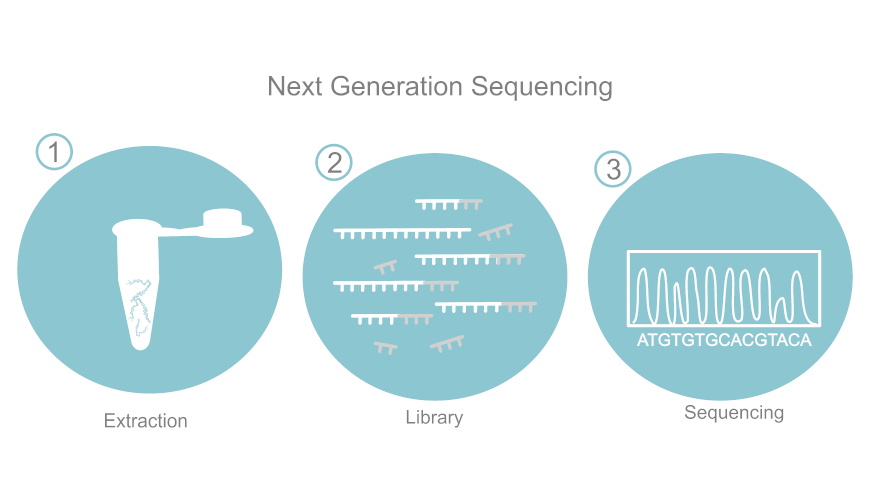The European Directorate for the Quality of Medicines & HealthCare (EDQM) continues its collaboration on next-generation sequencing (NGS, also called high-throughput sequencing, or HTS), contributing directly to the 4th Conference on NGS for Adventitious Virus Detection held on 4 and 5 December 2024, and to the subsequent report published in Biologicals: “Report of the fourth conference on next-generation sequencing (NGS) for adventitious virus detection in biologics for humans and animals: Validation and implementation of NGS”.
Dr Laurent Mallet, Head of the EDQM Intergovernmental Committees and Networks Department, and Dr Gwenaël Ciréfice, then Scientific Programme Manager, European Pharmacopoeia Department, participated actively in the conference, presenting the EDQM and European Pharmacopoeia (Ph. Eur.) perspectives on NGS. Dr Mallet also co-chaired the conference with Dr Arifa Khan of the U.S. Food and Drug Administration (FDA), as well as a webinar and a technical training day on NGS leading up to the conference event. This close involvement in the organisation and running of the conference highlighted the EDQM’s commitment to the quality and safety of medicines, scientific innovation and collaboration with international partners.
The report summarises the outcomes of the conference and underlines the growing interest in NGS for adventitious virus detection, particularly in view of its recent introduction in the ICH Q5A (R2) guideline and the new Ph. Eur. general chapter High-throughput sequencing for the detection of viral extraneous agents (2.6.41), recently published in Issue 12.2 of the Ph. Eur.
NGS is a powerful technology for broad virus detection, developed to complement conventional techniques that have failed to detect novel or even known viruses in certain cases. The complexity of this recent technique has created several challenges in regulation, standardisation and validation, among others, that are being addressed by a diverse array of stakeholders, including the U.S. FDA, the EDQM, the World Health Organization and numerous regulatory bodies and pharmaceutical companies worldwide.
The conference organisers set out to evaluate progress in NGS validation and implementation, address regional challenges and discuss regulatory acceptance of NGS as an alternative to conventional assays. Participants shared updates on scientific developments and regulatory submissions, and a consensus was reached on the readiness of NGS to replace the in vivo adventitious virus detection assays and PCR assays, and to supplement or replace the in vitro cell-based assays, based on a suitable validation package.
See also:
- EPC adopts cutting-edge HTS chapter to enhance viral contaminant detection in biological products (2025)
- “4th Conference on Next-Generation Sequencing for Adventitious Virus Detection in Biologics for Humans and Animals”, 4-5 December 2024, Frankfurt (Germany).
- Next-generation sequencing for adventitious virus detection in biologics: EDQM collaborates on article published in Biologicals (2023)
- European Pharmacopoeia




